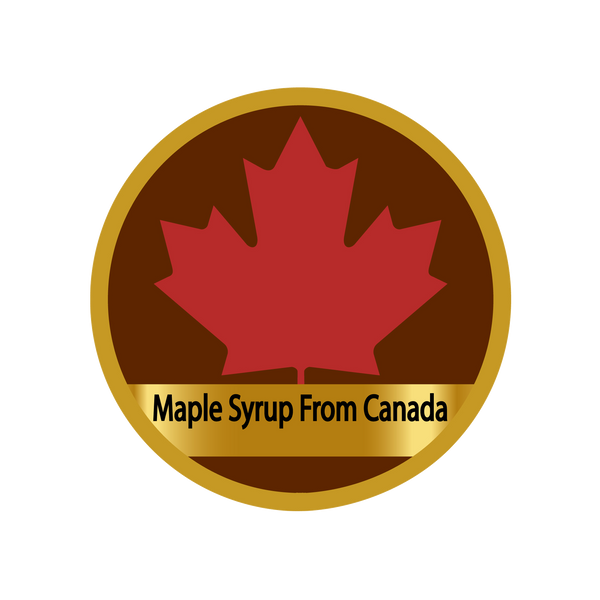As the demand for wholesale maple syrup rises, ensuring the microbiological safety of this golden elixir becomes paramount. From bottling temperatures to container hygiene and sugar concentration, key practices play a crucial role in mitigating microbial risks. Let's delve into why bottling at 85 °C, utilizing clean equipment, and maintaining a minimal concentration of 66 °Brix are vital for producing microbiologically safe wholesale maple syrup.
Bottling at 85 °C: A Barrier Against Pathogens:
Bottling maple syrup at a temperature of 85 °C serves as a formidable barrier against microbial contaminants. This high-temperature bottling process not only sterilizes the syrup but also ensures the elimination of potential pathogens, safeguarding the integrity and safety of the final product.
Clean Containers and Equipment: The Frontline Defense:
The cleanliness of containers and equipment is the frontline defense against microbial contamination. Any residual bacteria or molds on surfaces can compromise the quality of the syrup. Rigorous cleaning and sanitization practices ensure that the wholesale maple syrup remains a pristine product, free from harmful microorganisms.
Maintaining a Minimal Concentration of 66 °Brix:
The sugar concentration, measured in degrees Brix, is a critical factor in maple syrup safety. A minimal concentration of 66 °Brix is essential not only for the desired sweetness but also as a natural preservative. This high sugar content creates an inhospitable environment for microorganisms, preventing spoilage and maintaining the syrup's microbiological stability.
Preventing Spoilage:
Microbial contamination poses a risk of spoilage, affecting both the taste and safety of the maple syrup. By adhering to the recommended bottling temperature and sugar concentration, producers create an inhospitable environment for spoilage organisms, ensuring a longer shelf life and superior quality.
Compliance with Industry Standards:
Following these practices is not only essential for safety but also aligns with industry standards and regulations. Compliance ensures that wholesale maple syrup producers meet the highest hygiene and safety benchmarks, instilling confidence in both consumers and business partners.
Maintaining microbiological safety in wholesale maple syrup production is a multifaceted task, with temperature, cleanliness, and sugar concentration playing pivotal roles. By adhering to the golden standards of bottling at 85 °C, utilizing clean containers and equipment, and ensuring a minimal concentration of 66 °Brix, producers not only mitigate microbial risks but also deliver a product that stands out for its safety, quality, and longevity on the shelves. As the maple syrup industry continues to grow, these practices underscore a commitment to excellence in every drop.

